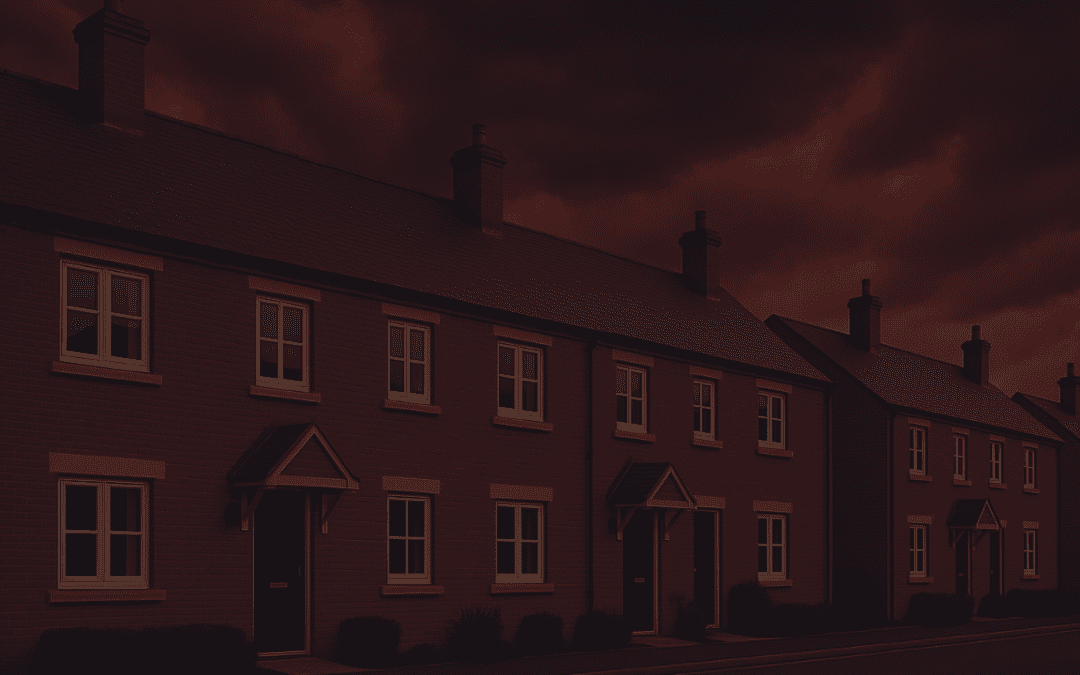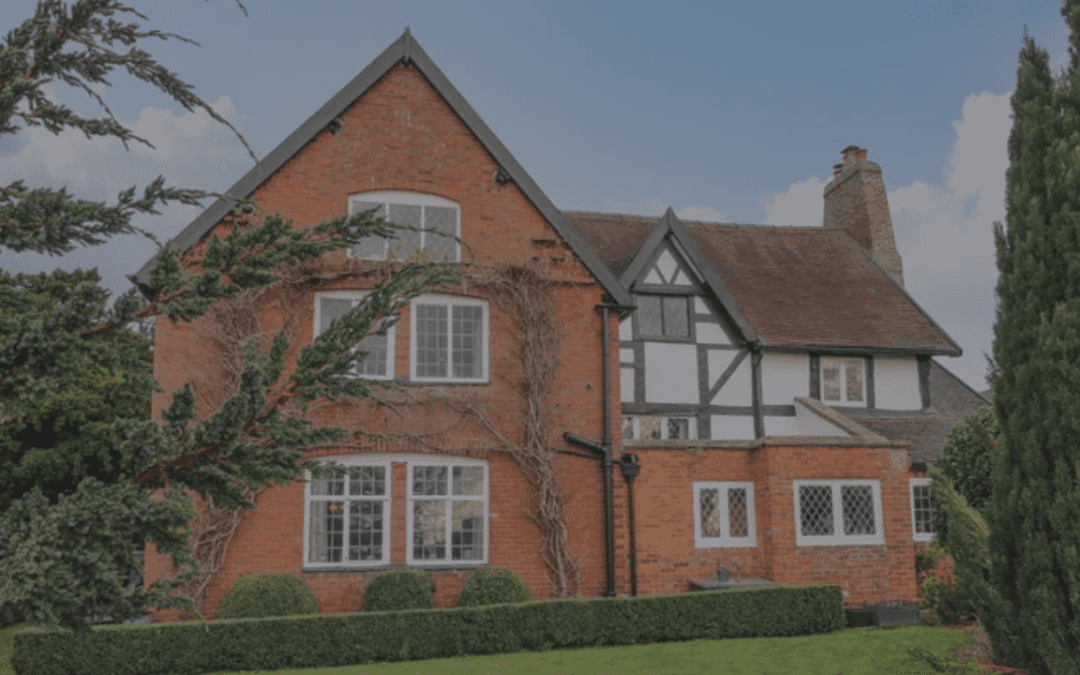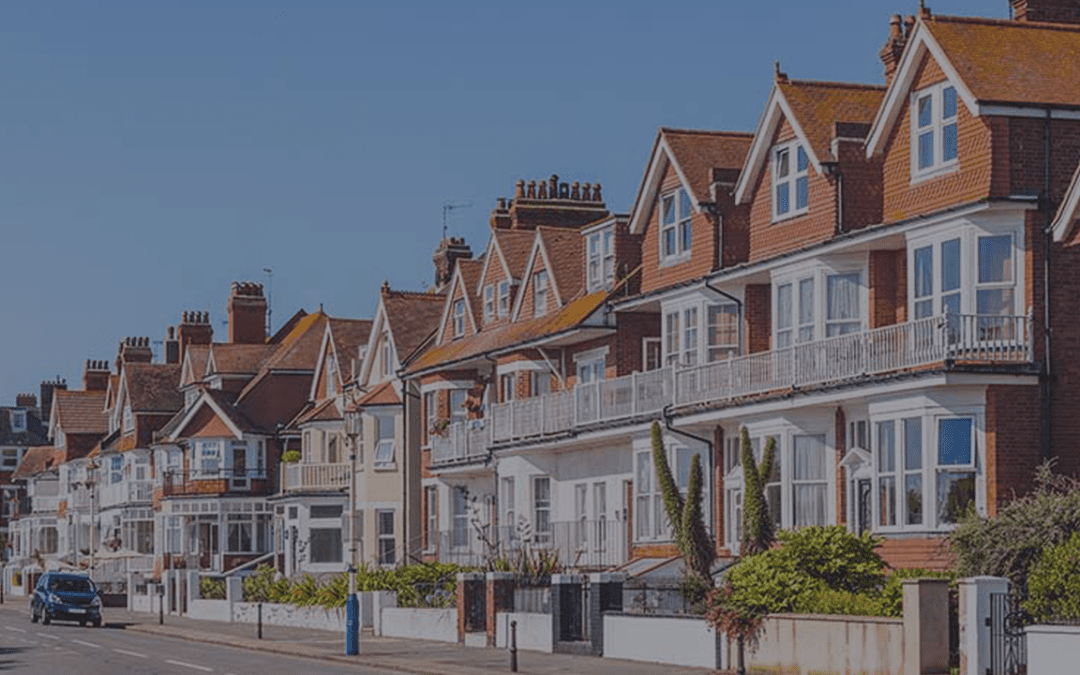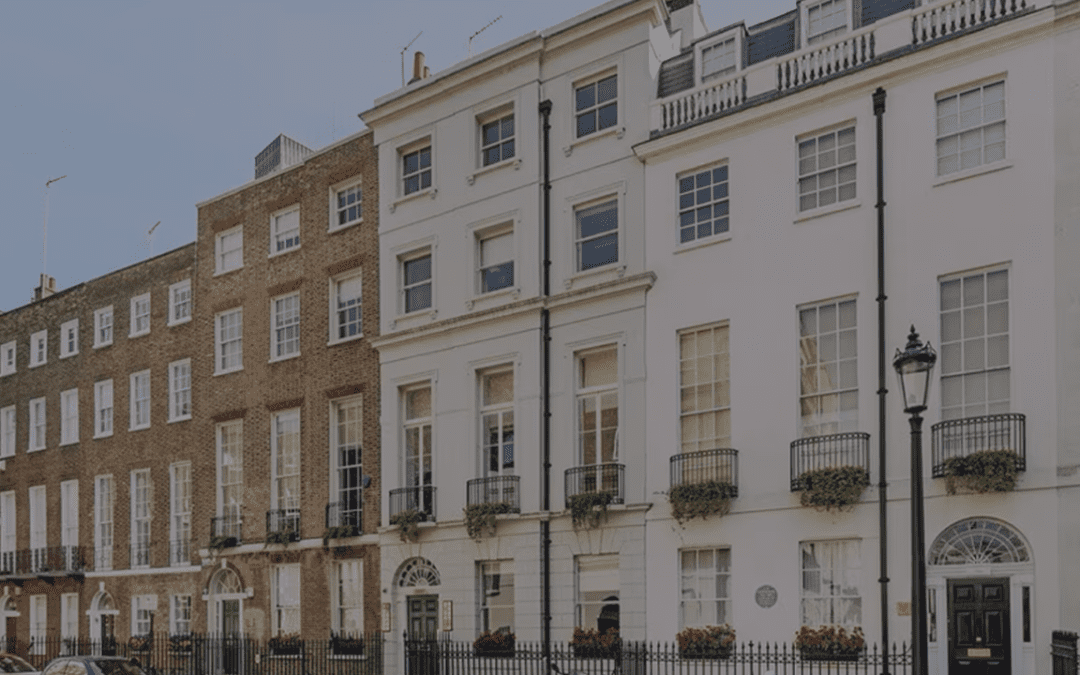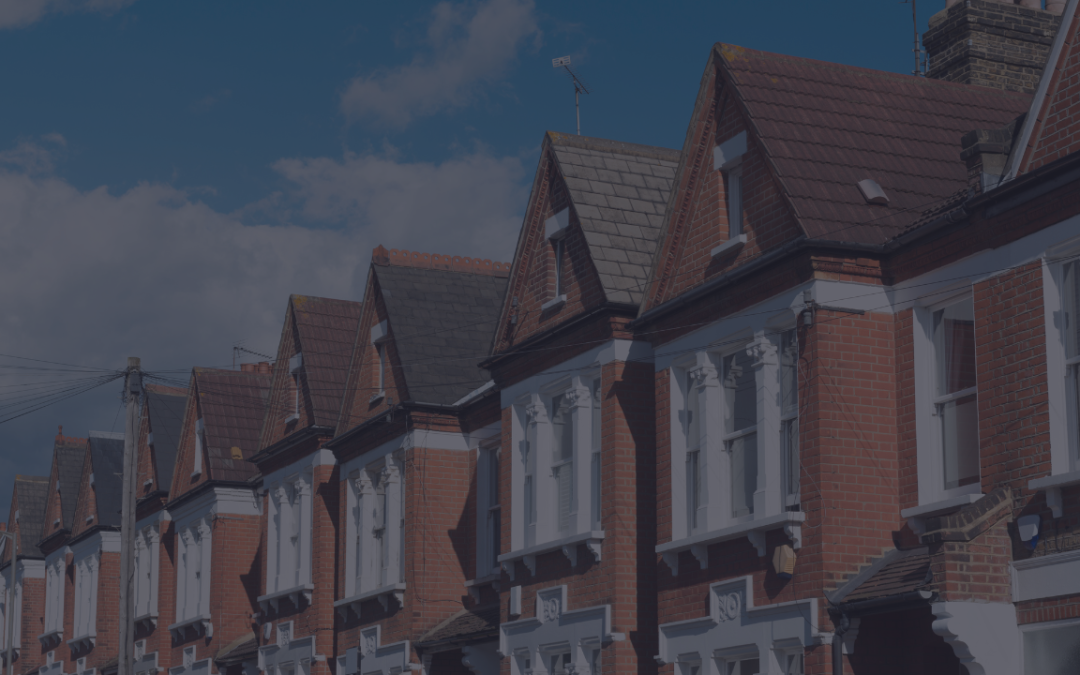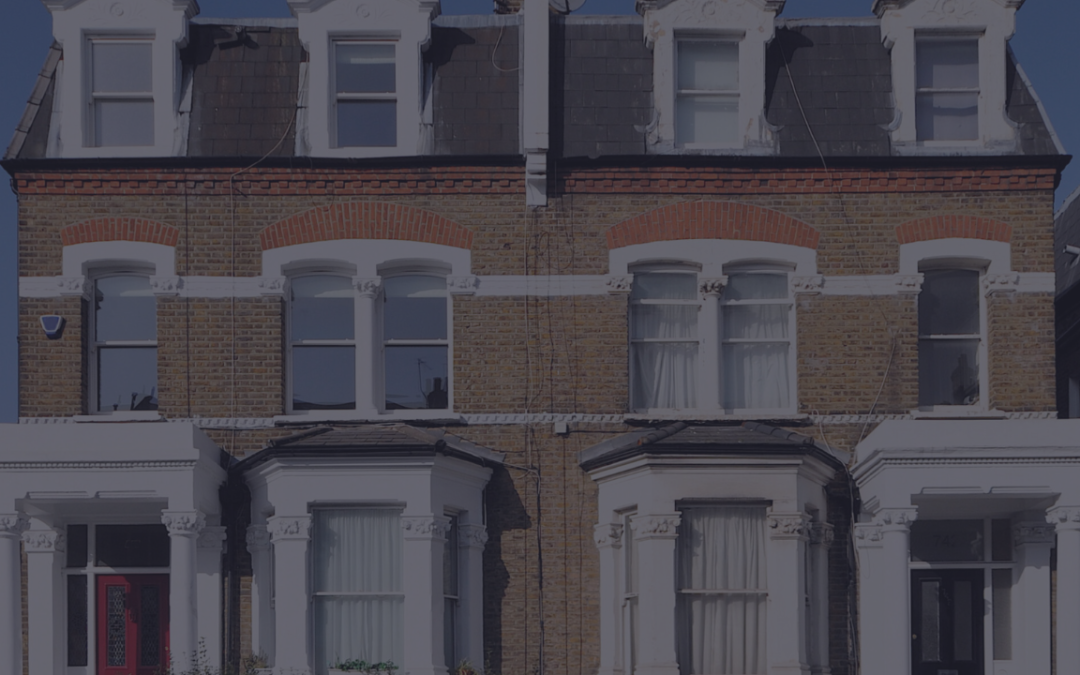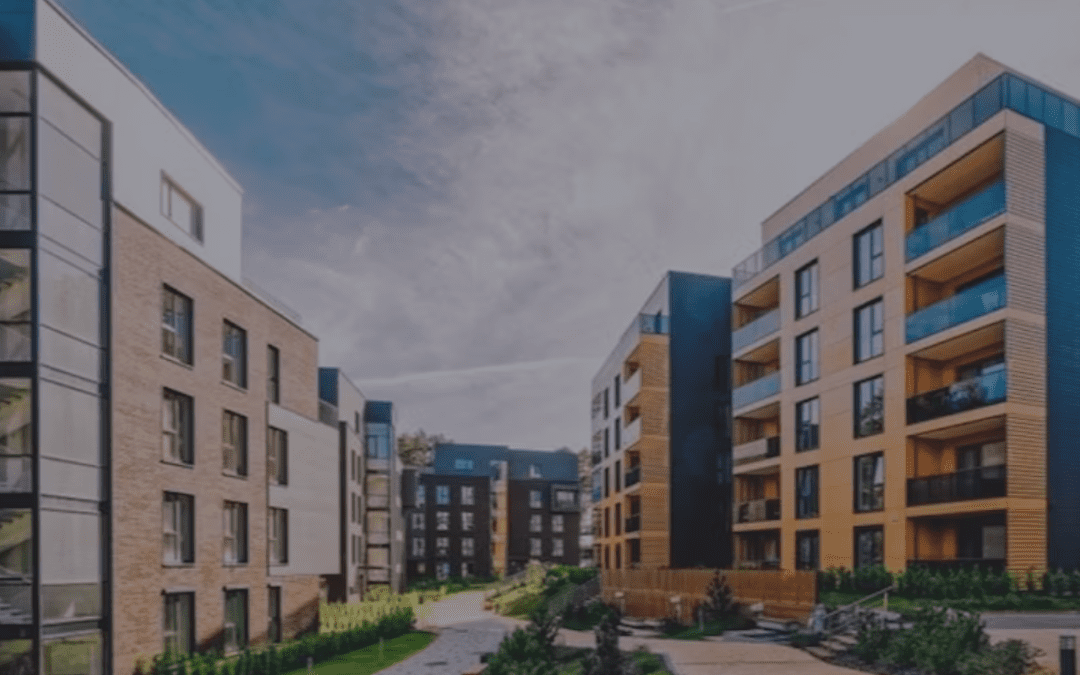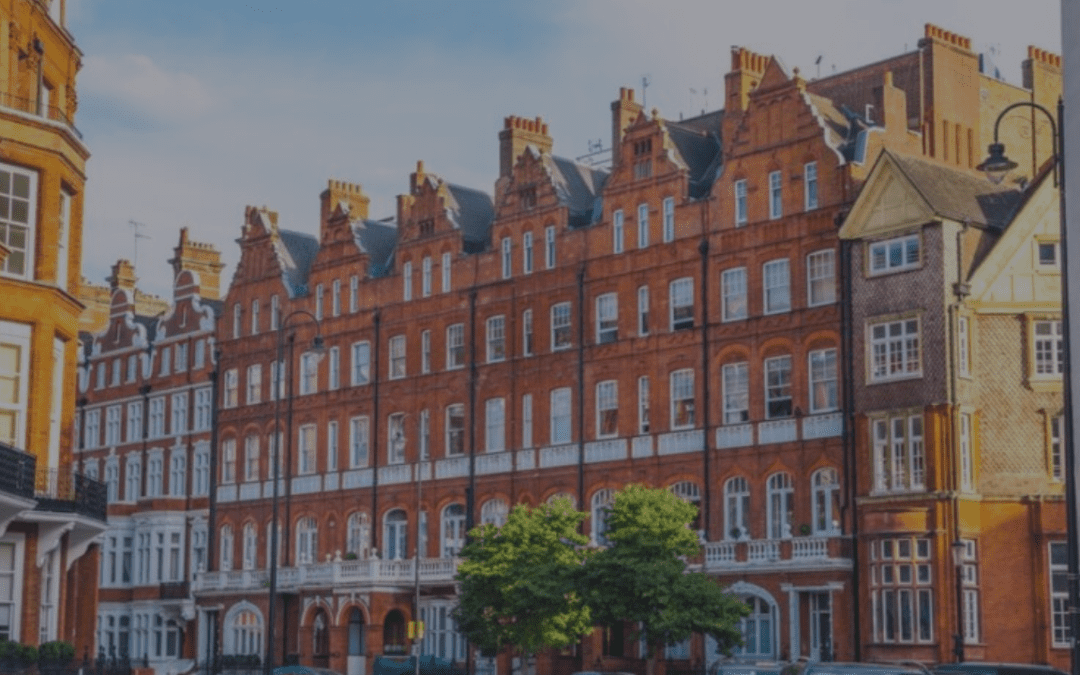In this blog, I want to share with you how you can replace your income with just three rental properties. Even if you’re completely new to property investing. I know that sounds crazy, but I’ll explain exactly how you can do it in this blog. I’ve been teaching people just like you how to replace your income much, much quicker than I did it. What that means for you is you no longer have to trade your time for money. You could choose how you spend your time. This is what I believe is the purpose of property investing.
The Beginning of My Property Journey
So how do I know all this? Well, I bought my first property back in 1995. I really didn’t know what I was doing. I was just buying a house for me to live in. I’d started work at Cadbury’s in Birmingham as a graduate trainee. I was living in Selly Oak, just next to Birmingham University. I bought a house that was big enough for me and two friends to live in. By the way, I had no money to invest. I had a debt, a student loan, and I had to borrow the small deposit to buy the first house. You might be sitting there thinking, “Well, I don’t have enough money to buy a property, “let alone three of them.” Don’t worry. When you find great deals, there are ways of funding them using other people’s money. But that’s later in the blog.
After buying this house, two friends who were living with me, paid me rent which covered the mortgage and the bills. I was basically living for free, so I started to save some of my salary from Cadbury’s. I also had a part-time business I was running in the evenings and weekends. That money was building up in my business bank accounts. I then decided I wanted to move into a new house closer to Cadbury’s, a bigger house than the one I was living in. It was a little bit further away from all the students.
As I had enough deposit to buy my second house, I didn’t need to sell my first one. I turned my first property into an HMO that I was renting to students. A HMO is a House of Multiple Occupation where you rent out the individual rooms instead of renting the whole house. I really didn’t know what I was doing. It kind of just made sense because there were lots of students in the area. They needed accommodation and it worked really, really well for me. I was managing the property myself. It really didn’t take a lot of time and effort so I was pretty happy with that.
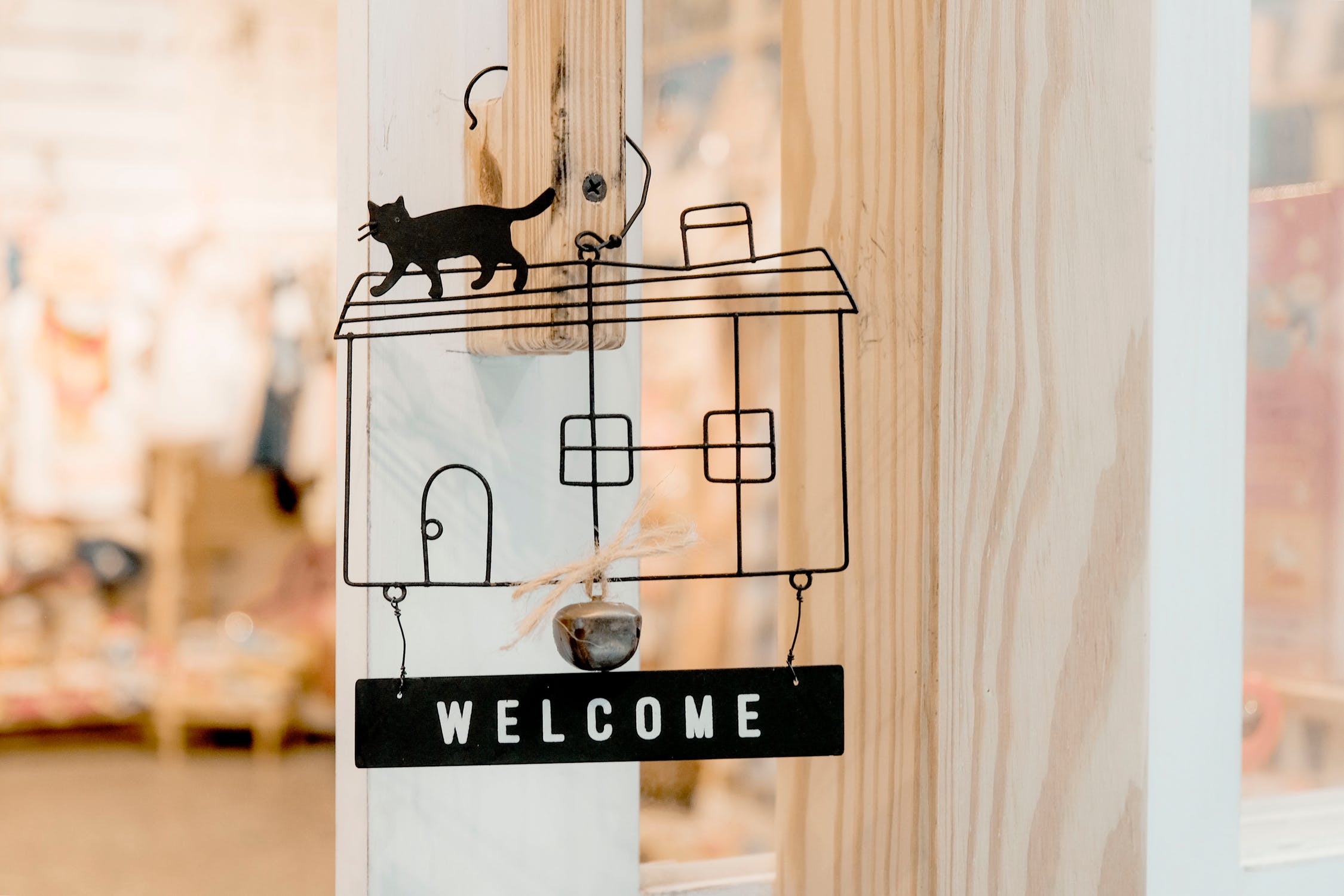
The Value of Houses of Multiple Occupation (HMO)
noticed, and I had this real revelation in 1998 when I had this first proper rental HMO property, that owning property is a bit like owning your very own cash machine. You’ve got to do some work in the first place to buy that property. But once you’ve got that property in the right area and at the right price, you get money into your bank account every month. Unlike Cadbury’s where I had to turn up to work to get paid, the money would just come every single month. There were some months I didn’t have to do anything for my property at all.
I thought, “This is amazing. “I’m going to start getting some more properties.” I then bought some more houses that I was renting out. It was only in 2005 when I looked back, and by that time, I’d been able to leave my job. left in 2001, I hadn’t quite replaced my income by then, but I had enough to live on. By 2003, I’d completely replaced my income, and by 2005 I was already teaching other people how to do what I did.
I looked back over my 10 years of investing and I realised that actually, my first property that I was renting to students as an HMO, was actually my most profitable property. This was also the one that was the least work because it was a great house, good condition, very low maintenance. The tenants were pretty good. Their parents paid their rent. I hardly ever heard from them. It was much easier than I thought.
“I noticed, and I had this real revelation in 1998 when I had this first proper rental HMO property, that owning property is a bit like owning your very own cash machine”
How HMO Property Investing Can Replace Your Income
I know that when people think about investing in property, there’s a lot to think about. What happens if this goes wrong? I completely understand that. But very often, you’ll find that, when you actually take action and get a property, all those things you were worried about were just fears in your head. Some of them are genuine concerns, but most things that people worry about never actually happen and never go wrong. I learned the hard way through trial and terror, making mistakes myself. But the good news is you don’t have to do that. There’s so much information available for you online for free that actually, you can learn how to do this and avoid the expensive mistakes that I made and that most people make.
If really want to speed up your learning, people like myself, we have training to help you. We give you all the information in one concise go, which is better than spending hours and hours trying to work it out for yourself. But, if you want to work it out for yourself, I’ve got loads of videos you can watch that will help you do that. If you get a few of these cash machines which generates money for you every month, then you can replace your income. At the beginning of the blog, I said it’s possible with just three properties. How on earth can you do that? Well, in the UK, the average person earns less than 30,000 pounds a year. You might earn more, but that’s the average person. For the average person, three properties could be more than enough to completely replace their income.
So how does that work? If you buy a property, it might be a house or an apartment and you rent it out to someone, normally you rent it out on a single AST contract, an Assured Short-Term Tenancy. It’s a six to 12 month contract. The tenants pay the bills and cover the Council Tax. You pay the mortgage, the insurance, and you might have someone managing it for you. I started managing properties myself because it doesn’t take a lot of time when you know what you’re doing. However, I realised as I got more and more properties, I was spending more time managing and less time buying. You make the money when you buy the property instead of managing the property. So I took the step to get someone else to manage my properties for me. Although I took a slight dip in income at that point, because some of the rental profit I was giving to someone to manage for me, I suddenly had all the time available to do exactly what I wanted. That is then the really powerful, true financial freedom. If you don’t have to work anymore, then you spend your time doing what you want to do.
The problem is if you rent out houses or apartments on a single contract, you might make 100 pounds, maybe 200 pounds, or really good Buy-to-Let property, you might make 300 pounds profit, but that’s unusual. Most properties are 100 or 200 pounds profit. Therefore, you’re going to need 15 to 20 properties to pretty much replace your income for the average person. That’s a lot of properties to buy. That’s a lot to think about. That’s a lot to fund. You might think that’s never going to be possible. Yet if instead of doing single-let properties, you happen do these HMOs, instead of making 100 or 200 pounds profit a month -you should be making at least 1,000 pound profit per property per month. Therefore, if you had three properties, three HMOs, that will be 3,000 pound profit per month. Getting three properties is far more achievable and far more believable than maybe thinking you have to get 15 properties. Many of my students have replaced their income in as little as a year using this strategy.
So this can be a life-changer for you. Imagine, what would it be like for you if a year from now, actually, you didn’t have to work? How would you feel? How would your family feel? What would life be like for you if you could choose how you spend your time? You might love what you do and you just want to get property as a safety net in case, for some reason, you can’t work. Maybe you hate what you do and you’re desperate to do something else. Maybe you’ve always wanted to set up a business, but you’ve never been able to do that because you’ve got to cover the basic bills. Or maybe you want to set up a charity or work in the community and you want to give your time to help society, but you can’t do that because you’ve got to look after your bills. There’s a great saying by one of my mentors, a guy called Bob Proctor. He said, “If you want to help the poor, make sure you’re not one of them.” So if you put income in place to make sure all of your bases are covered, you’ve then got resources, time, money, you can help other people.
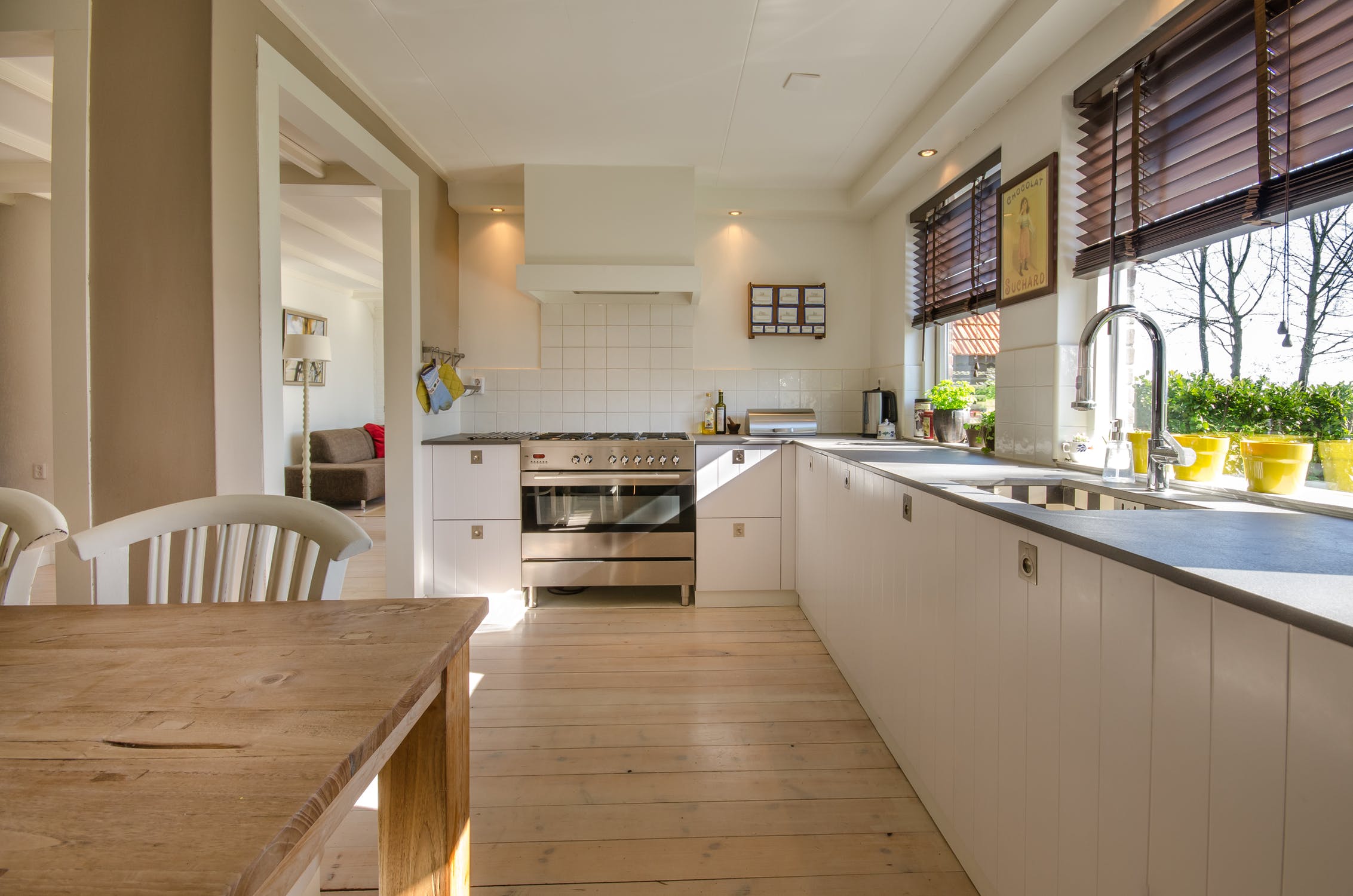
Four Types of Tenants for Your HMO Property UK
So let’s get back to these HMO properties and understand exactly how it works. So who is going to live in a shared house? There are four types of tenant. First of all, you have students. And when many people think about HMOs, they think, “Oh, you mean student property.” Students make up a large majority of HMOs because when someone goes to university, typically in the first year, they might stay in university accommodation, halls of residence, or accommodation flats, university flats. But often, after a while, in their second or third year, they don’t want to live in university-controlled accommodation. They want to have a bit more freedom, a bit more independence. And they want to live with their friends in a house where they could have parties. And believe me, they’re going to have parties in your house. Don’t worry about it, it happens, okay? But here’s the point. So students, when you find the right location, and location is very important in property, particularly for student property, it’s got to be very, very close to a university. So you find the areas in which they like to live. And you can find a property that you can purchase, and the rental profit on that for a five or six bed HMO should be at least 1,000 pounds a month. Once you’ve got those tenants in place, they’re there for at least a year, sometimes two years. So you have very low void periods. Another benefit of students is they pay no Council Tax. Normally in an HMO, you pay all the bills, including Council Tax, but they don’t pay it. They’re exempt from it. And in some student areas of my student properties, the students actually pay the bills themselves. They come as a group of friends and they pay the bills. So a student HMO can be very, very profitable.
Then you have young professionals. Now, these are people who’ve been to university, so they’re used to living in a shared house. They’ve got a career and a profession. They might be a doctor. They might be an engineer. They might be an accountant, a solicitor. And they often move to a new city to start work. And they don’t know anyone. So moving into a shared house is more cost-effective than living on their own. And also, it means that they’ve got an instant social life. So this is very popular.
The next type of tenant is just someone who’s working. They’ve not necessarily been to university, nothing wrong with that, of course, but maybe it means they haven’t lived in a shared house before. They’ve come from living at home with Mum or Dad. And so, Mom or Dad don’t want them there anymore. They don’t want to live with Mom and Dad anymore. They can’t afford an apartment, so they move into a shared house. Working people and young professionals, they work really well as tenants together, but I wouldn’t want to put students in with working people.
The fourth group of tenants is actually people who are on benefits. People who aren’t working, for some reason they can’t work. And actually, I don’t have any house of that type of tenant. It is a lot more work than a normal HMO. But a lot of my students, what they do is they take on houses. They rent them to charities who specialise in providing accommodation to people who are vulnerable, who they can get a higher rate from the local council. And then the investor, the landlord, they get the full market rent with no hassle at all. The charity take care of looking after the people, and they make money ’cause they get a higher rate. So actually, it’s a real win-win for everyone involved. So those are the four types of tenant. Now, you need to make sure you get the right kind of property.
“Getting three properties is far more achievable and far more believable than maybe thinking you have to get 15 properties. Many of my students have replaced their income in as little as a year using this strategy.”
HMO Rules and Regulations
There are requirements for HMO’s over a certain size to be licenced. The national guideline is five or more people, but actually, some councils interpret it as three or more people. So you need to check with your local council, with the HMO licensing department. They often have a pack online that you can download. See how many people are in the property before they need a licence. So typically, it’s five or more people. What does that actually mean? Well, you fill in some forms, which once you’ve done them once, they’re pretty straightforward about how the property is managed. You need to make sure the property adheres to all the safety requirements. So you need to have fire doors on all the bedrooms. You need to have an interlinked smoke alarm so that if there’s a fire in one room, the alarm goes off everywhere. You need to have emergency lighting. There are some safety requirements, but again once you know how to do this, it’s actually straightforward.
A lot of people worry, “Well, what if I don’t get a licence?” If the property adheres to all the requirements, and you get your builder to help you with that, and as long as you are a fit and proper person, i.e. you don’t have a criminal record for things like drugs or for any convictions being a bad landlord, you will be able to get a licence on the property. Also the fact that there’s a bit of a barrier there is good, because even people who are experienced investors, might have a portfolio of only Single-Lets. This is because they don’t really understand HMO’s, and they are not going to do HMOs because they don’t understand them.
It’s a bit like saying, “Well, I don’t know how to drive a car, “so I’m not going to bother to learn. “I’m just going to not drive for the rest of my life.” If you are investing in properties, and you don’t have HMO’s as part of your balanced portfolio, then I think you are really missing out. If you’re new to property or already investing in property, and you’ve not got to a point where you’ve replaced your income yet, HMO’s giving you 1,000 pound profit per month could massively move you to the point where you no longer have to work. This is why it’s such an important strategy that you need to educate yourself and you need to learn about.
If you liked this content, I have put together two more longer videos explaining exactly how you can start acquiring these HMO properties to give you £1,000 profit per month per property. If you’d like to get access to these videos, all you have to is click on the link at the bottom of the blog to register your details. As soon as they’re ready, we’ll send them to you.
Video number two is all about how you can use other people’s money to build your portfolio. Don’t think you need to have a lot of your own cash.Then video number three is how you can use other people’s time and experience. Even if you don’t know how to do this, we can show how other people can do it for you, and how you get other people managing the property. The worst thing for you to do would be to get a whole load of property, and you’re going to spend all your time managing it. That’s not such a good job.
All you have to do is click on the link below in the description and come and register for these videos. There’s going to be a lot more information about how you can acquire these HMOs using other people’s money, and time.
If you want to learn more about Houses of Multiple Occupation and how you can really profit using them, I’ve got some extra online training that I like to give you access to. So all you have to do is click in the link below this blog. Remember to invest with knowledge, invest with skill.

